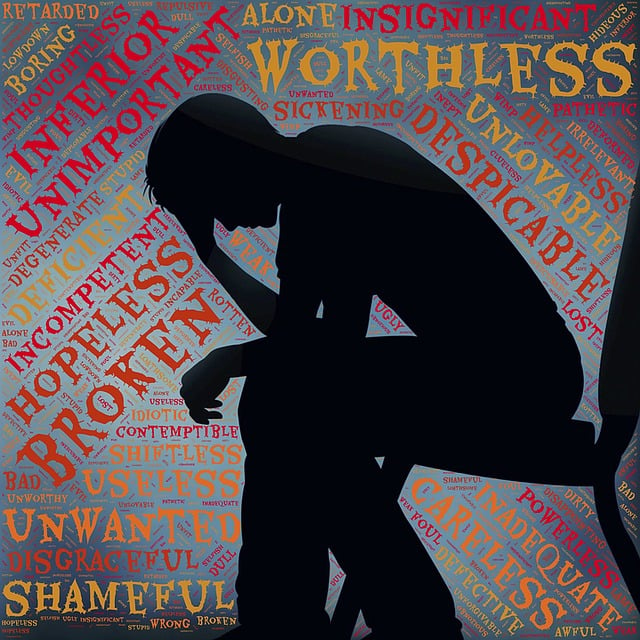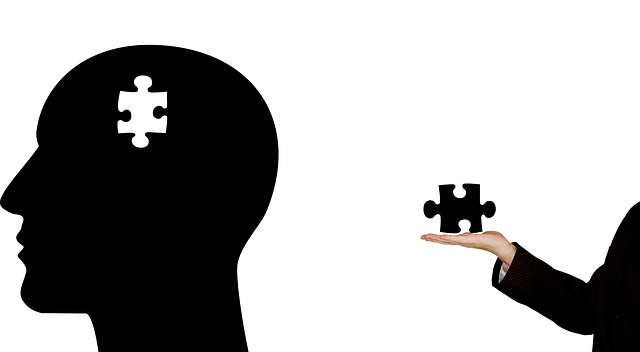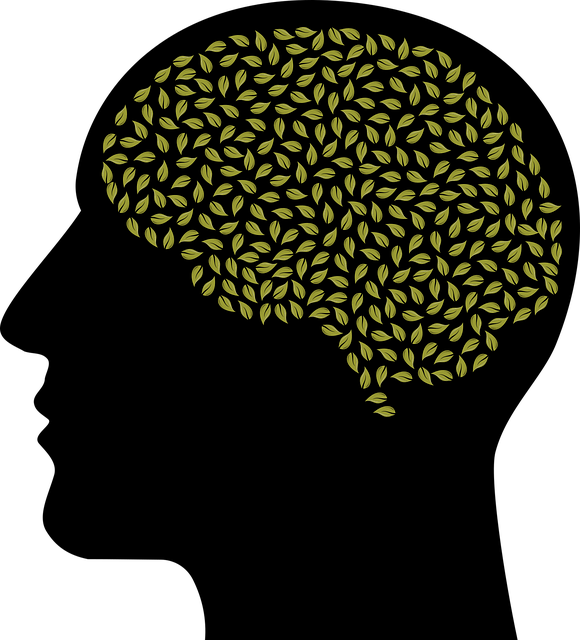Lone Tree Divorce Therapy offers specialized support for those navigating mental wellness challenges, especially during life transitions like divorce. They emphasize self-discovery and introspection to recognize triggers and promote balance. Through stress management workshops, trauma support, and resilience-building strategies, they empower individuals to take charge of their mental health. Combining tailored self-care rituals with mindfulness practices, such as deep breathing, meditation, and journaling, enhances well-being and fosters emotional healing, enabling clients to thrive during difficult periods.
“Unwind, heal, and thrive with a tailored mental wellness self-care routine. In today’s fast-paced world, prioritizing your psychological well-being is paramount. This comprehensive guide explores your journey towards mental balance through personal insights and practical strategies.
Discover how Lone Tree Divorce Therapy can be an integral part of your self-care arsenal, offering techniques to navigate life’s challenges. Learn to craft a daily ritual that nourishes your mind, incorporating mindfulness, relaxation, and resilience-building practices. Embrace a transformative path to lasting mental wellness.”
- Understanding Your Mental Wellness Needs: A Personal Journey
- The Role of Lone Tree Divorce Therapy in Self-Care Routines
- Crafting a Customized Daily Ritual: Essential Components
- Incorporating Mindfulness and Relaxation Techniques for Balance
- Building Resilience: Long-Term Strategies for Mental Wellbeing
Understanding Your Mental Wellness Needs: A Personal Journey

Understanding your mental wellness needs is a deeply personal journey, one that often involves introspection and self-discovery. It’s about recognizing what makes you thrive, what triggers stress, and how to nurture a state of balance amidst life’s ups and downs. This process can be complex, especially for those who have experienced challenging life events such as divorce or trauma. Lone Tree Divorce Therapy offers specialized support tailored to these unique situations, emphasizing the interconnectedness of mental health and well-being.
Mental health awareness and education programs design play a pivotal role in empowering individuals to take charge of their emotional well-being. By understanding their personal needs, people can create meaningful self-care routines that incorporate various practices like mindfulness, exercise, therapy, or creative outlets. This proactive approach, coupled with trauma support services when needed, paves the way for improved resilience and overall mental wellness.
The Role of Lone Tree Divorce Therapy in Self-Care Routines

In today’s fast-paced world, incorporating self-care routines is essential for maintaining mental wellness, especially during challenging life transitions such as divorce. Lone Tree Divorce Therapy offers a unique and specialized approach to support individuals navigating this complex process. Through its various programs and services, this therapy organization facilitates the development of robust self-care practices tailored to each client’s needs.
The Stress Management Workshops Organization within Lone Tree Divorce Therapy provides valuable tools for coping with stress and anxiety associated with divorce. Additionally, Trauma Support Services help clients process emotional trauma, fostering resilience and promoting healing. By combining these initiatives with tailored Resilience Building strategies, Lone Tree Divorce Therapy empowers individuals to take control of their mental wellness journey, ensuring they emerge stronger and better equipped to face life’s challenges head-on.
Crafting a Customized Daily Ritual: Essential Components

Creating a personalized daily self-care ritual is an empowering step towards enhancing mental wellness, especially when tailored to your unique needs. This ritual acts as a sanctuary within your busy schedule, providing a moment for reflection and nurturing. At Lone Tree Divorce Therapy, we emphasize that self-care isn’t just a luxury; it’s a necessity for maintaining resilience and overall well-being, particularly during challenging life transitions.
When designing your custom routine, incorporate diverse practices that resonate with you. This could include physical activities like yoga or nature walks to reduce stress and boost mood, mindfulness exercises such as meditation or deep breathing to calm the mind, and creative outlets like journaling or art therapy for emotional expression. Moreover, integrating effective communication strategies and fostering social connections can be powerful tools in managing mental illness and reducing the stigma that often surrounds it.
Incorporating Mindfulness and Relaxation Techniques for Balance

Incorporating mindfulness and relaxation techniques into your daily routine is a powerful way to achieve balance and enhance mental wellness, especially when navigating challenging life transitions such as divorce. Lone Tree Divorce Therapy emphasizes the importance of self-care practices that nurture both the mind and body. Mindfulness involves being fully present in the moment, without judgment, which can help reduce stress and anxiety. Simple practices like deep breathing exercises or mindful meditation allow individuals to reconnect with their inner selves, fostering a sense of calm and clarity.
Regularly engaging in relaxation techniques not only promotes mental balance but also contributes to overall well-being. Journaling, for instance, is a therapeutic exercise that encourages reflection and self-awareness. Writing about personal experiences, emotions, and thoughts can provide valuable insights and guidance during challenging periods. This form of mental wellness journaling exercise is a powerful tool that supports emotional healing and resilience, complementing professional therapy like Lone Tree Divorce Therapy’s risk assessment and mental health education programs design.
Building Resilience: Long-Term Strategies for Mental Wellbeing

Building resilience is a crucial long-term strategy for maintaining mental wellbeing, especially when navigating challenging life events like divorce. Lone Tree Divorce Therapy recognizes that fostering adaptability and strength can significantly enhance one’s ability to cope with stress and adversity. By integrating strategies such as mindfulness practices and positive thinking into daily routines, individuals can develop emotional healing processes that are vital for post-divorce adjustment.
Preventing burnout becomes easier when one cultivates a proactive approach to mental wellness. This involves creating balanced self-care habits, setting healthy boundaries, and prioritizing activities that nurture both the mind and body. With consistent practice, these strategies not only support resilience but also contribute to overall happiness and a sense of control during transformative periods, ensuring individuals can thrive rather than just survive.
Developing a mental wellness self-care routine is a transformative journey, one that requires understanding your unique needs and incorporating tailored strategies. As discussed, Lone Tree Divorce Therapy offers valuable insights into navigating life’s challenges and fostering resilience. By combining mindfulness, relaxation techniques, and customized rituals, individuals can achieve long-term mental wellbeing. Embrace these practices to cultivate a balanced and fulfilling life, where self-care becomes an integral part of your daily tapestry.














